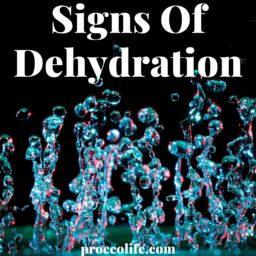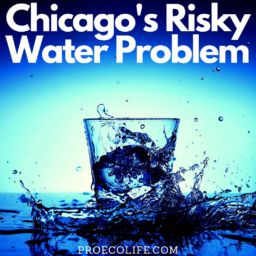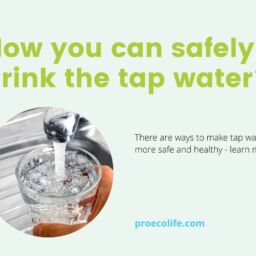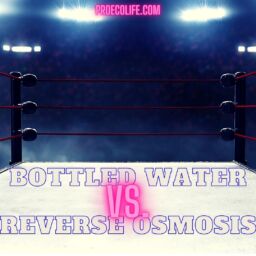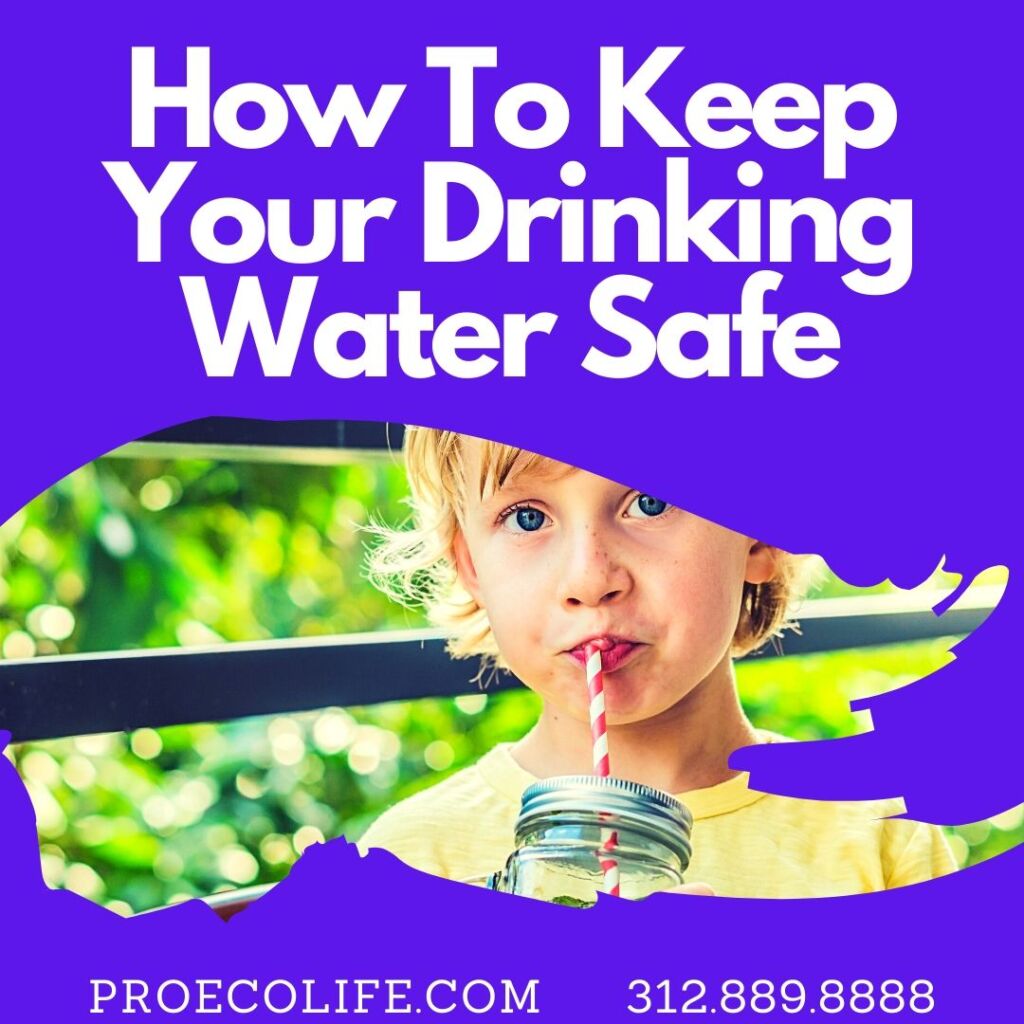
The water out of your tap may be safer than drinking straight from Lake Michigan but it can still pose a problem over time. Over time, trace amounts of metal hitch a ride with your tap water. Even the disinfectant that is used to clean our water can cause irritation and discomfort. Don’t worry, there are a few things you can do to keep your drinking water as safe as possible.
TEST – Experts recommend having your home’s drinking and cooking water tested annually or every other year by a state certified environmental testing lab. This is especially critical for those whom are still using well water. By having your water tested, you can detect issues that affect the quality such as old plumbing or EPA violations. You can also have your city’s water department conduct a water inspection if you notice cloudy or dingy water.
WATER QUALITY REPORT – Believe it or not, your town sends out a water quality report. Many citizens receive it in their mail, through the town website or can easily head to town hall and request a copy. Take the time to read through it. This is an official report of what is found in the water supplies and what, if anything, you should be paying attention to. This report often details the ways in which your utility company plans to rectify any issues or violations.
PLUMBING – Keep your home’s plumbing updated – plain and simple. Old pipes, such as lead and corroded copper, can contaminate the water coming into your home and cause health problems. By replacing old piping and making sure your existing system is in good shape, you significantly reduce the risk to your family.
EASE UP ON POISON – Ever use fertilizer or pesticides on your lawn? How about change the oil or antifreeze in your car? These chemicals can seep into groundwater and end up in the very lakes, streams and rivers that we divert water from to use in our homes. Over time, these harmful byproducts can also leak into wells regardless of how deep they are dug. Go easy on the pesticides and take your car liquids to a recycling center to avoid adding more poison to our water supplies. It’s a good idea not to flush unused medication as well – just in case.
FILTER YOUR WATER – Experts suggest providing another line of defense by filtering your drinking water using an in-home water purification technology. Reverse osmosis is considered the “cadillac” of home filtration systems and can target specific chemicals or contaminants that concern you. Research filters that eliminate the contaminants you are most worried about and make sure your new system has them.
NEIGHBORHOOD AWARENESS – Be aware of construction or sewer work in your neighborhood because excavating through trenches can affect drinking water. You will likely be notified by your village if there will be excessive work taking place and follow their guidelines for running water or limiting usage. Stay in close communication with your municipality to avoid problems with your home system in the case of disruptive sewer and/or construction work.
Following these steps can help keep your drinking water as clean as possible and avoid larger issues down the line. Your best defense against chemicals is knowledge and communication. Learn what chemicals you use can pollute our water supply and how to properly dispose of them. Ask for information from local utilities and city departments to make sure guidelines are being followed to keep you safe. Sign up for village emails or texts to be aware of sewer work that could affect you or if there is a problem with water supplies. It’s true – knowledge IS power!
Don’t hesitate to contact your local water filtration experts at 312.889.8888 to find out how you can have pure water in your very own living space as soon as possible.


